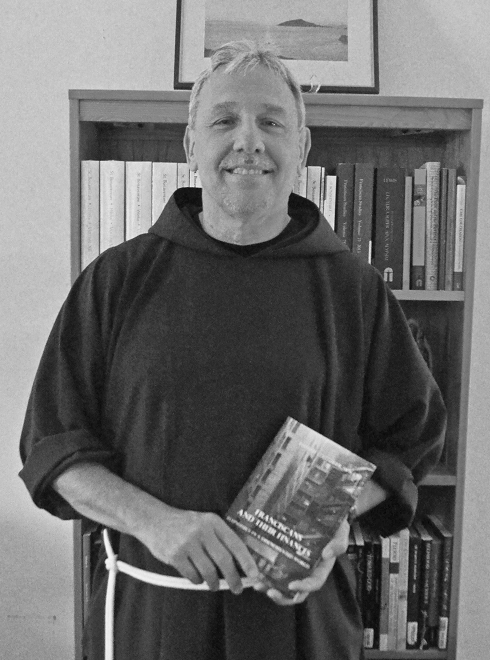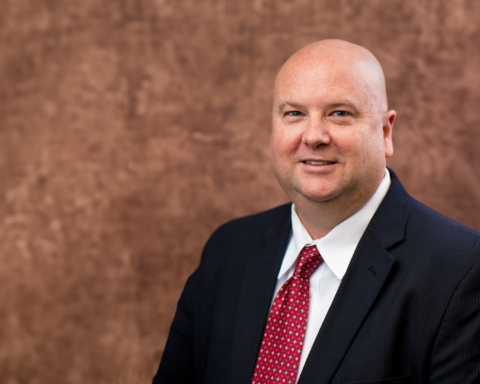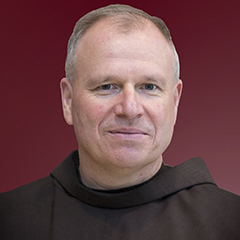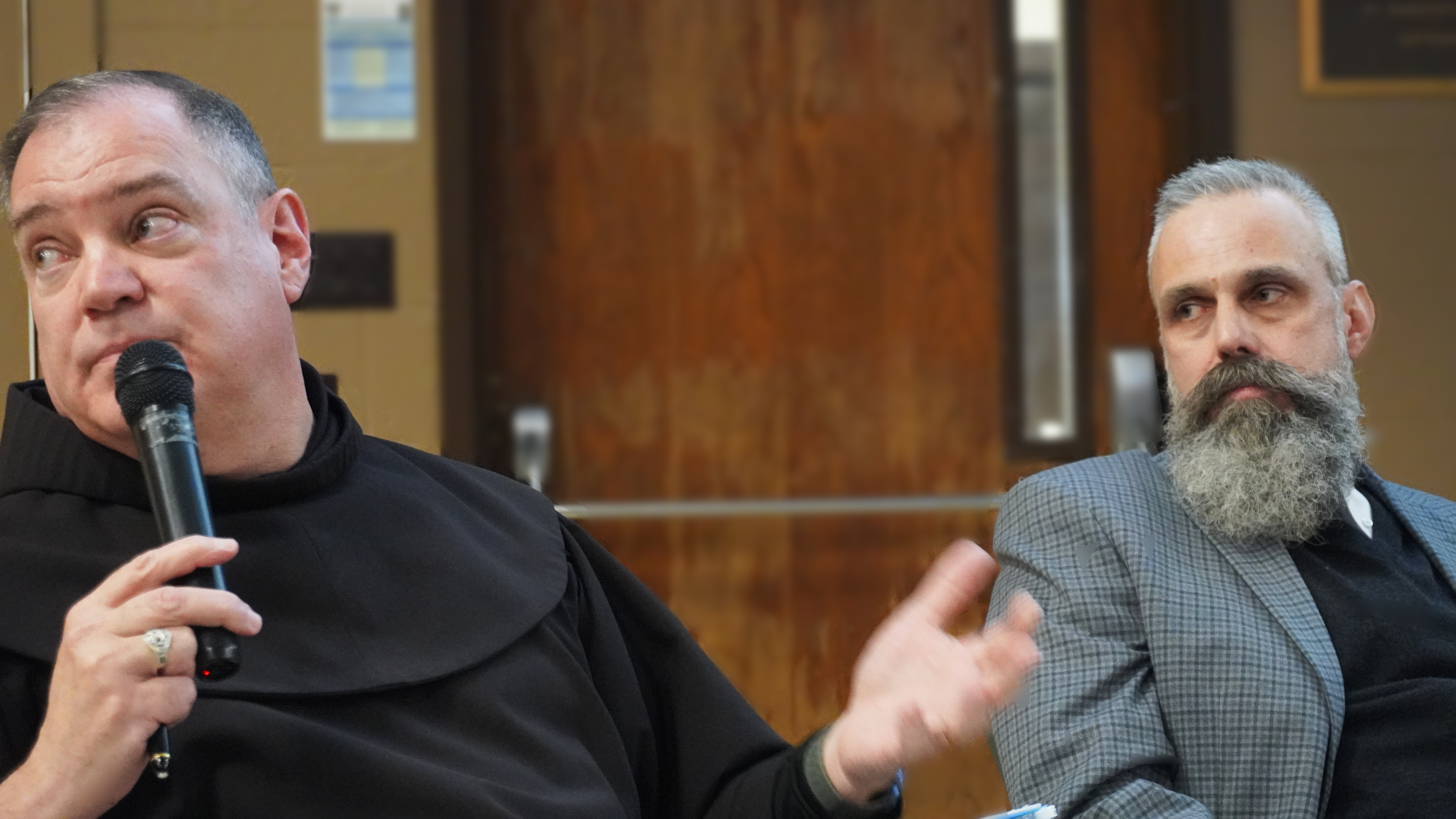By Hannah Gordon
Managing Editor
Franciscan Institute Publications published a book in July breaching the phrase “separation of church and state” and bringing a religious viewpoint on economics, authored by a Bonaventure faculty member.
“Franciscans and their Finances: Economics in a Disenchanted World” was written by Father David Coutuier, O.F.M., from the perspective of a modern-day Franciscan analyzing today’s financial state.
“This book is about how Franciscans are thinking about economics today, the principles that underlie modern economics and how those principles and practices impact those who are suffering,” said Coutuier, dean the School of Franciscan studies. “Franciscans live and serve among the most vulnerable and poor people all across the world…(We) want to provide not only compassionate service and relief, (but) also want to look at the structures and systems that allow poverty to continue and even to grow.”
Coutuier said he was motivated to write the book after three African Capuchin-Franciscans challenged their Order, the Capuchins, a major Franciscan Order, saying they did not understand the plight of the poor in Africa today. The three cited observations that friars in the North and South were not treated the same. Friars from North Africa had better access to health care and education, while friars from the South were unable to access medicine or develop their intellect.
“Despite our incredible charitable activities – building schools, hospitals and parishes all throughout Africa — we had allowed structures of inequality to continue in society and even within the Order itself,” Coutuier said. “We stood before the world and proclaimed that we are ‘brothers’ to one another, and yet we tolerated structures of inequality even within the Order.”
Despite the Franciscan ideals expressed in the book, Coutuier said it is not meant to exclude non-religious people.
“Unemployment, under-employment, the rise in income inequality and wages that have been stagnant for more than a quarter century are issues that are of intense interest to religious people and to non-religious people,” said Coutuier. “Economics is one of those issues that crosses denominational lines and can be a point of conversation between people of all faiths and no faith.”
“Franciscans and their Finances: Economics in a Disenchanted World” is available from the Franciscan Institute Publications, John J. Murphy Professional Building, room 100, for $29.95.
The book was also used in a summer course taught by Coutuier entitled “The Fraternal Economy,” which discussed the underlying principles of modern economics—”self-interest, privacy and competitive autonomy,” according to Couturier.
“Saint Francis advanced the principles of a simpler life in order to secure our relationships with one another and with creation itself,” Coutuier said. “People interested in protecting the planet and in advancing economic growth at the same time need strong principles. The Franciscan tradition provides that framework. I want to invite people of any religious tradition or no tradition at all to consider the Franciscan alternative.”
gordonhr13@bonaventure.edu









